[311 * South Sanlu 01] the octopus turned the waste into Yes! Disaster brings an opportunity for model transfer: Iriyado and YES workshops
5 shared
Minamisanriku, Miyagi Prefecture, Tohoku, Japan, was severely damaged by the tsunami during the 311 Tohoku earthquake, and the Shizukawa area near the sea was almost flattened. Nine years later, what kind of business have these surviving locals, as well as those who decided to come here to invest their lives after the disaster, and those who came here to do local creation, found after local reconstruction? How can the rich seafood and beautiful forest industries brought by the confluence of ocean currents and mountains be rebuilt?
At the invitation of Yasuhiro Iwata, a local food communicator, I visited Minamisanriku marine producers, community centers and workshops, private learning and development centers, public marine education units, abandoned spaces for revitalization and reuse, and wine projects.
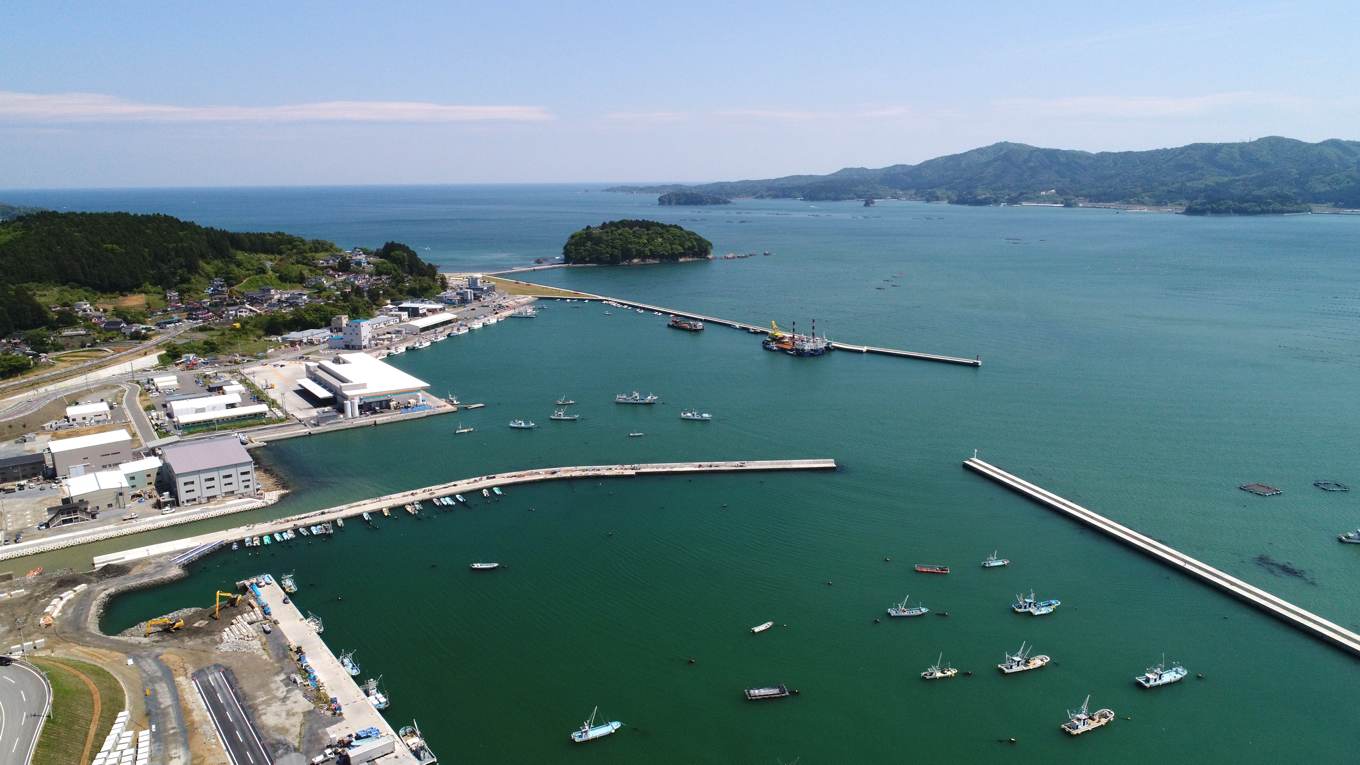

Photo source: Minamisanriku town tourism association makes good use of resources brought about by disaster: Mr. Abe
"Disasters bring opportunities for paradigm shifts."
Standing in front of him, the short, grey-haired and energetic Abei Zhongyi pulled out his business card full of titles: director of Minamisanriku Training Center, director of Minamisanriku YES Workshop, director of Minamisanriku Agricultural Workshop Affairs, director of Minamisanriku Octopus Revival Association, director of Minamisanriku Branch of Taisho University Regional Planning Institute. These titles describe a social network of local people who survived a disaster and decided to devote themselves to recovery.
Mr. Abe, who had been working in the local government before the disaster, devoted himself to the work of local construction after the disaster. He used his previous network expertise to organize resources, trying to open up a possibility for new creation, new people and new things to develop in the originally closed place after the natural disaster opened up the gap.


Iriyado is a hostel and a local training center.
Mr. Abe's schedule seemed limitless. He dealt with all kinds of visitors from morning to night, and when the appointed time came, he hurried to his next trip. He linked resources, local and foreign curiosity and kindness, thus the birth of Iriyado ($>) and YES Workshop.
Iriyado was founded in 2013, with the support of Taisho University with Buddhist background, to build this space, in addition to accommodation, but also as a local learning center. Abei Zhongyi originally wanted to operate a space that was a shelter and a place to provide local people with exchanges.
But as the recovery progresses, the business challenge becomes: "How do you use and sustain the people, knowledge, and money that came to you because of the disaster?" His answer to this is,"Let disasters bring opportunities for local paradigm shifts."
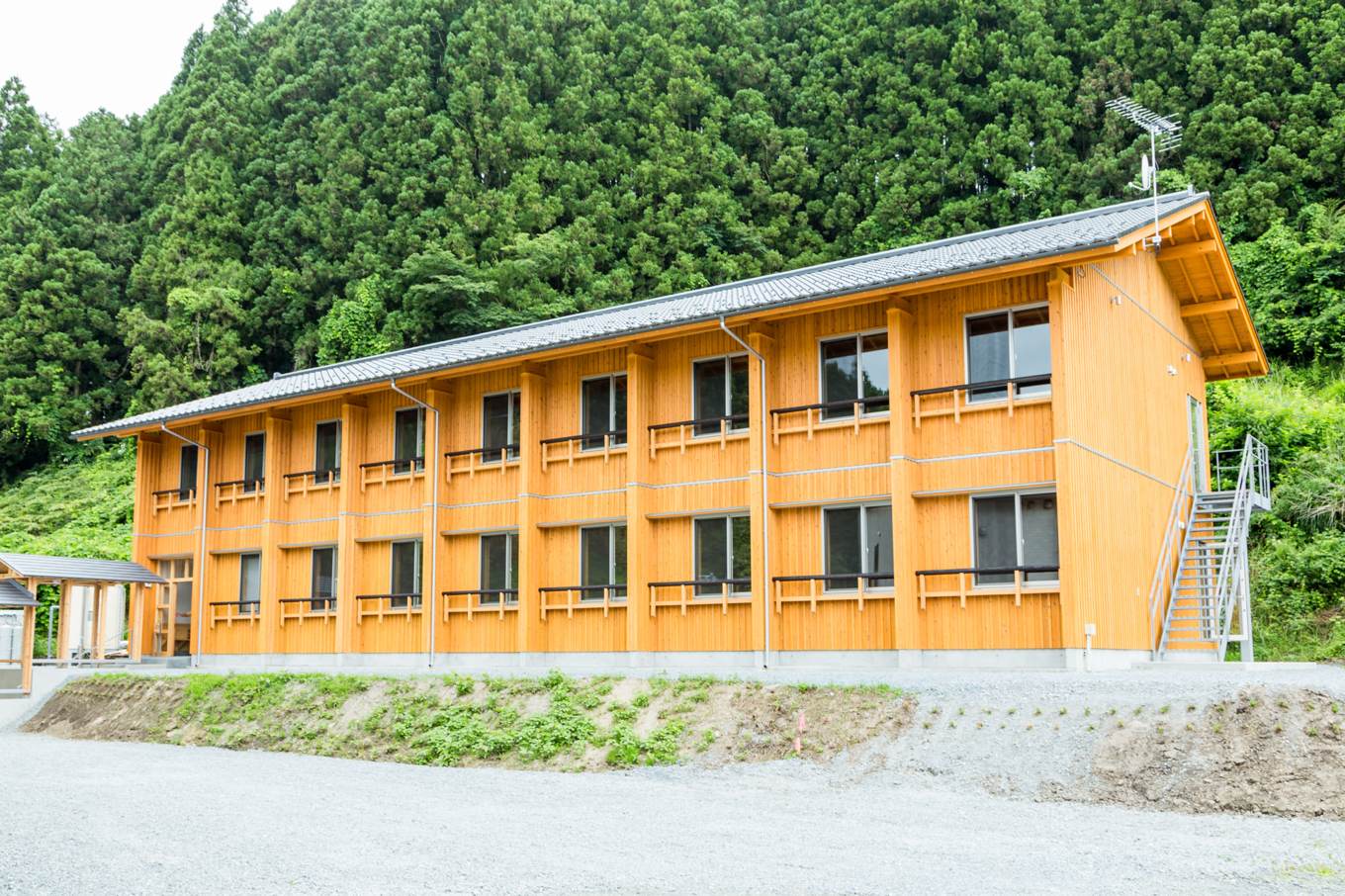

Minamisanriku Training Center (Photo Source: Minamisanriku Training Center) Create mascot octopus monarch, gather new symbols of people's hearts
The YES workshop, a wooden historical building at the foot of Po Hill, was originally an abandoned primary school and is now managed by the Minamisanriku Revival Octopus Association. The red round octopus is a mascot created by Abe Zhongyi in 2009. His inspiration came from Minamisanriku seafood, and the fat octopus is a very representative product. Because octopus eats characteristics from algae, abalone, and other bay products, it can be said that it is a concentrated delicacy of Shizugawa Bay.
Originally, this mascot only explained the delicious food and local characteristics of the place. After the tsunami, volunteers who came to help found the remains of the first octopus statue in the ruins of the tsunami-destroyed houses. It was then that Abei Zhongyi had the idea to use octopus as a new symbol to unite people.


Support the commercialization of local mascots for the revival of Octopus Jun Tetsuwen Town in Northeast China, and connect with foreign consumers
Red represents happiness, and octopus monarch in pronunciation similar to "set-Pass", with the meaning of praying to pass the exam, through all difficulties, so decided to develop red octopus cast iron town as the main commodity. Steel from Hokuriku Toyama Prefecture arrived in Minamisanriku, Miyagi Prefecture, and became a festive octopus mascot that was motionless.
An extra-large octopus is placed under the shade of a shallow forest along with the Iridani Hachiman Shrine. Every day, Abei Zhongyi comes here to pay homage. After bowing respectfully and high-fiving, he rushes down the stairs to introduce the guests to the YES workshop.
In his introduction, Abe Zhongyi mentioned his various attempts and expectations, hoping that the red mascot's many functions, such as the exotic atmosphere that can attract foreign tourists and the All Pass function that can attract examinees. He also hopes that the product will be commercially competitive enough to try to push such local goods to e-commerce channels, such as Amazon, where a range of products can be purchased.


Iridani Hachimata Shrine and Octopus Lord make workshop a window to connect the world: YES workshop
The YES workshop, which sells octopus and experiences octopus DIY, is another typical story about the creation of places for space use. The name of YES Workshop comes from the fact that this space was originally "abandoned school", and "abandoned" is similar to "yes" in Japanese, which is "YES" in English, hence its name.
This abandoned school building at the foot of the mountain is now run by the Minamisanriku Revival Octopus Association, which currently employs 10 people aged between 20 and 50. In addition to the octopus mascot sales space, also try to include a once in the real estate industry but now decline "silkworm fine work" craft display, and a large woodworking workshop space.
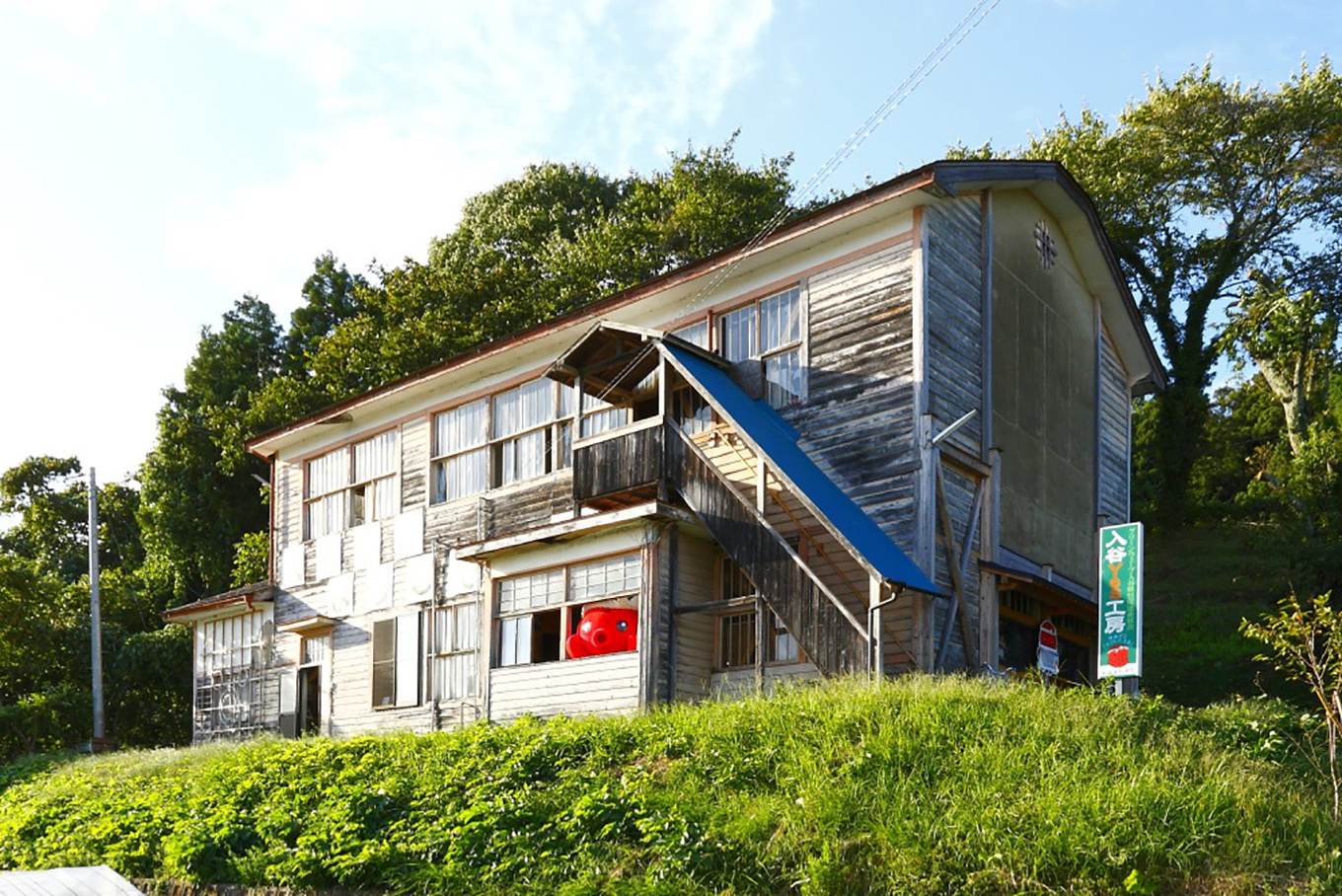

The school was renovated. Photo source: YES Workshop uses Minamisanriku local sustainable wood as raw material to build Fab Lab base
The concept of the woodworking workshop is to use the concept of Fab Lab (Fabrication Laboratory) and sustainable forest materials to become a place where crafts and ideas can be exchanged.
Fab Lab believes that concepts and ideas can be shared, and this workshop provides 3D printing, large and small woodworking equipment, using local Minamisanriku wood, as well as Forest Stewardship Council (FSC) certified wood, to create interesting and practical works and products, forming a maker base that embraces innovation.


Fab Lab of YES Workshop FSC Forest Certification of Minamisanriku
Minamisanriku doesn't just have oceans; when people look at the ocean because of tsunami memories, it's often overlooked that Minamisanriku also has mountains. After the disaster, the mountain became the support of the residents of the coastal settlements, and although the town has been rebuilt, only commercial buildings can be built in the Shizu-kawa area that was originally affected by the tsunami, and residents live in other areas and in the areas supported by the mountains.
In the past nine years, when thinking about the way of local development, residents have reached a consensus on "sustainable places" after years of discussion. In October 2015, Minamisanriku Forest Management Council and Maruhira Timber Co., Ltd. obtained FSC (FM) and (COC) international certification, making a significant step towards sustainable forestry.
FSC forest management certification assessment methods mainly come from two levels, forest management verification (FM) and chain of custody verification (CoC). Evaluate the management and supply chain of natural and planted forests, as well as related manufacturers and suppliers, so that timber commodities can also be traced back to the source of production.
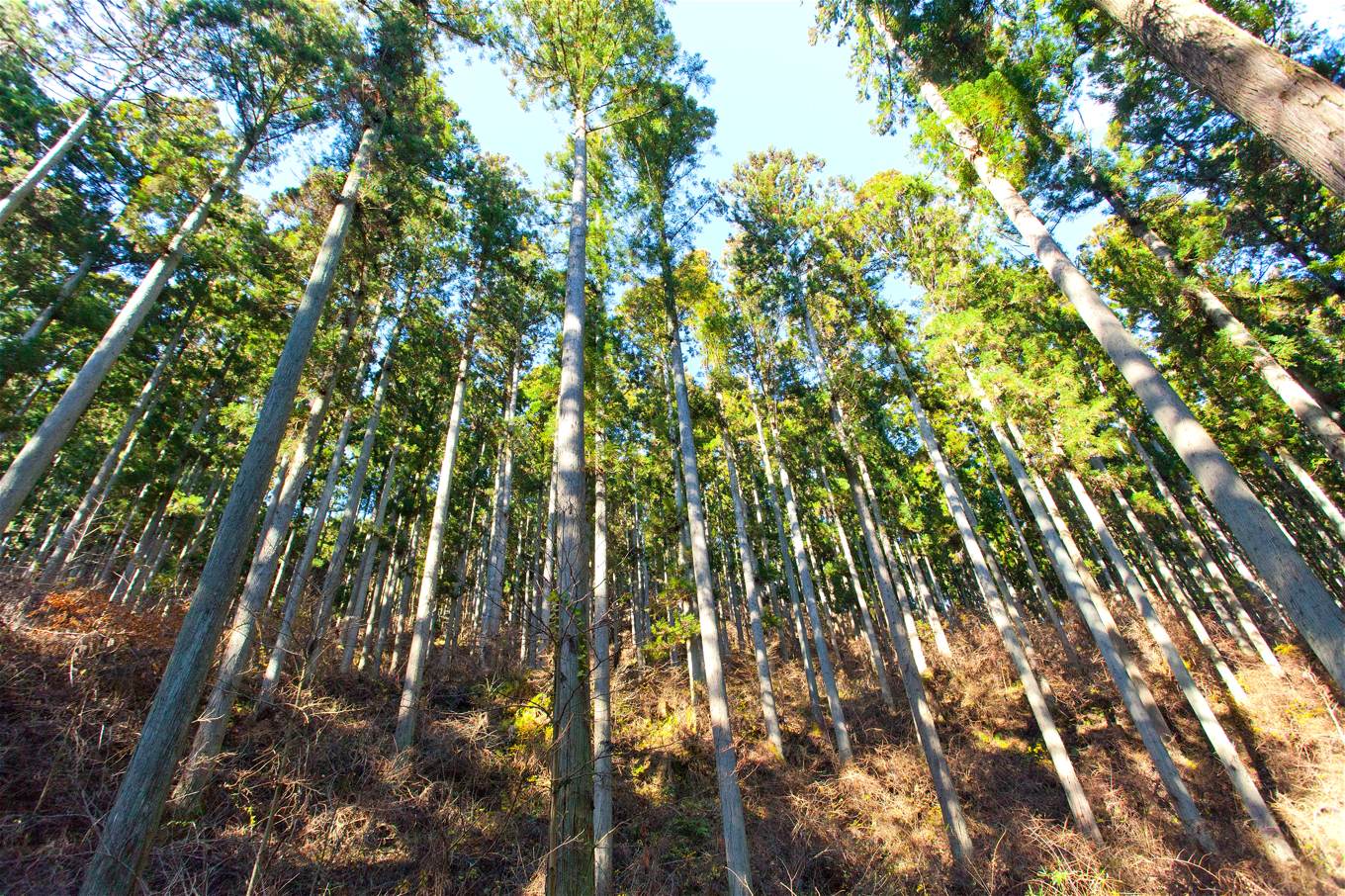

Source: Minamisanriku Town Tourism Association
FSC certified forests mean that the ecology, water quality, wildlife habitat and local population needs of the forest must be sustainable economically and managed, and subject to regular monitoring and evaluation. Today, Minamisanriku's FSC certified wood has been recognized by national units. Even the Tokyo Olympics in 2020 and the new National Arena designed by Kengo Kuma use Minamisanriku's FSC certified wood raw materials.
The YES workshop also maintains an open mind and encourages participating members to realize various creative ideas with local sustainable wood in Minamisanriku.
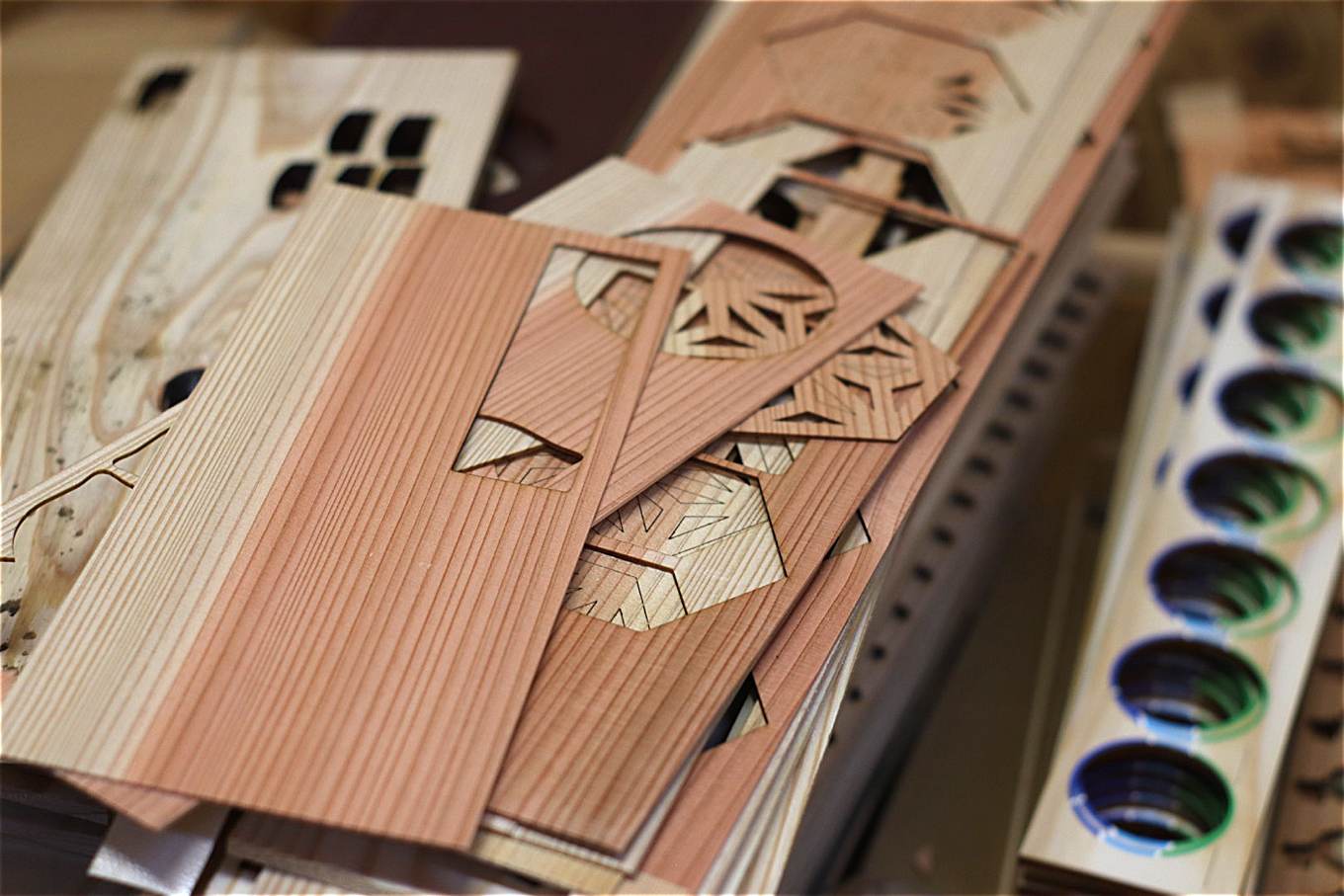
- Prev

One-page advertisement is used again, check carefully and protect the cocoa industry in Pingtung together!
Recently, Pingtung cocoa has been falsely used by one-page advertising again, reminding consumers that although online shopping is convenient and fast, they should still pay attention to whether it is a fake use of web pages. Please check more, do not trust web advertisements, and be careful to choose goodwill electricity when buying online.
- Next

Fruit tree adoption action quite farmers amuse array!
Fruit tree adoption action quite farmers amuse array!
Related
- A course of planting techniques and methods on how to grow carrots
- How to plant the latest tulips?
- Is it better to pick tea in the morning or in the afternoon? When is the best time for tea to be picked? what is the third or fifth tea?
- Launch Yuanxiao Happy combination Haocha + Tea Yuan healthy Taste
- Penghu Tourism "Fireworks 20 Parade with You"
- 2022 West Lake Happiness holds "Digital Revitalization Voucher" and draws iphone13 and laptop.
- Banqiao Fuzhou social houses are designed to change start-up combined with police elimination to create a safe and livable environment
- The convenient measure of "mechanical weeding" in Xinbei has been abused and the Agriculture Bureau has imposed heavy penalties on the illegal land consolidation.
- Changgeng University Joins Hands with Four Memory Factories to Rescue Memory Talent Shortage
- The list of Taiwan's top 100 MVP managers is listed by the Director-General of the Farmers' Association of Sanxia District.

